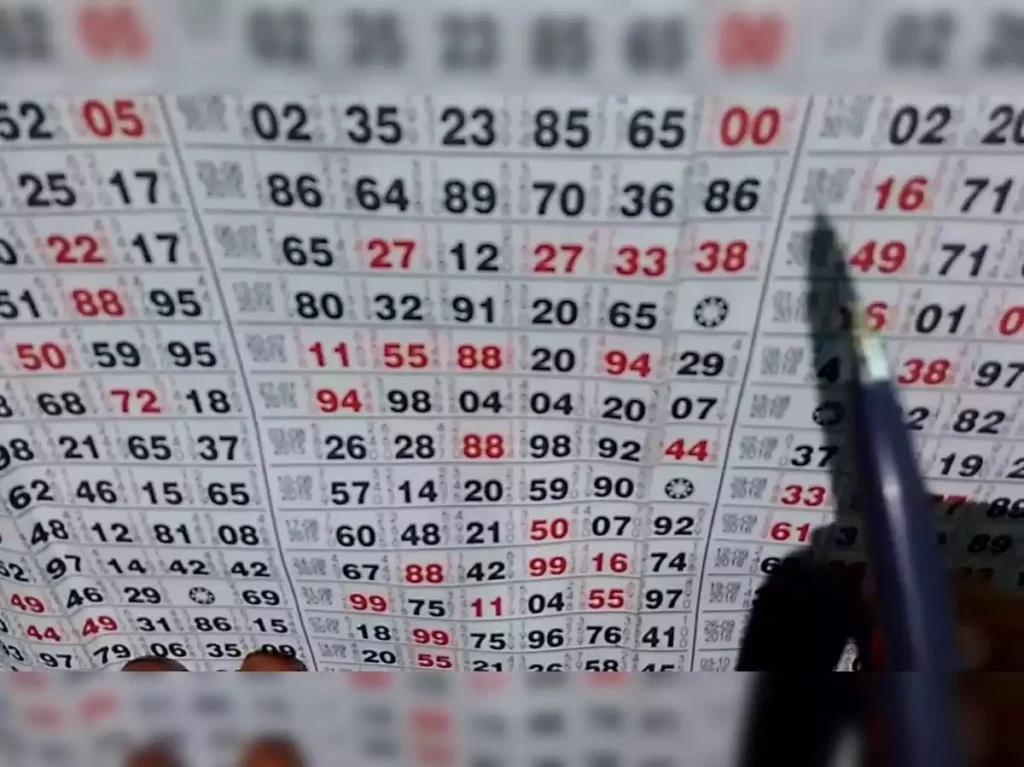Satta Matka, often dubbed as the “king of gambling,” is a popular form of betting prevalent in India. Despite the legal prohibition on gambling activities in the country, Satta Matka continues to thrive clandestinely, attracting a considerable following. This article delves into the nuances of Satta Matka, exploring its allure, risks, and societal implications.
Understanding Satta Matka
Satta Matka is a form of lottery-style gambling that originated in India in the 1950s. The game involves players betting on the opening and closing rates of cotton transmitted from the New York Cotton Exchange to the Bombay Cotton Exchange. Over time, Satta Matka evolved to include various forms of betting, including betting on random numbers and playing cards.
The Appeal of Satta Matka
Despite its illegal status, Satta Matka continues to entice a significant number of participants across the country. One of the primary reasons for its popularity is the allure of high stakes and potential returns. In Satta Matka, the risk factor is undeniably high, but so are the rewards. This high-risk, high-reward nature of the game appeals to individuals seeking quick financial gains.
Moreover, Satta Matka has entrenched itself in certain communities, becoming an integral part of their social fabric. For many participants, especially those from lower socioeconomic backgrounds, Satta Matka serves as a means of escapism from their daily struggles. The dream of striking it rich overnight fuels their participation in this illicit activity.
The Dark Side of Satta Matka
While Satta Matka promises lucrative returns, its darker side cannot be overlooked. The clandestine nature of the game often leads to exploitation and manipulation. Players, especially those with limited financial resources, are susceptible to falling into a cycle of debt and addiction.
Furthermore, the illegal status of Satta Matka makes it prone to exploitation by criminal elements. Organized crime syndicates often control and manipulate the outcomes of Satta Matka games, rigging results to maximize profits. This not only undermines the integrity of the game but also poses significant risks to participants.
Societal Implications
The prevalence of Satta Matka has far-reaching societal implications, contributing to the erosion of moral values and ethical standards. The normalization of gambling culture perpetuated by Satta Matka normalizes illegal activities and fosters a culture of lawlessness.
Moreover, the financial losses incurred by participants in Satta Matka can have devastating consequences for individuals and their families. The cycle of debt and addiction perpetuated by gambling can lead to social ostracization, mental health issues, and even criminal behavior.
Addressing the Issue
To combat the menace of Satta Matka, concerted efforts are required on multiple fronts. Strict enforcement of existing laws prohibiting gambling activities is imperative to curb the proliferation of Satta Matka dens. Additionally, there is a need for greater public awareness campaigns to educate individuals about the risks associated with gambling and the legal consequences of engaging in illicit activities.
Furthermore, initiatives aimed at providing alternative sources of income and livelihood opportunities for vulnerable communities can help address the root causes of participation in Satta Matka. By addressing socioeconomic disparities and providing avenues for economic empowerment, we can mitigate the allure of gambling as a quick-fix solution to financial woes.
In conclusion, Satta Matka stands as a testament to the complex interplay between risk, reward, and societal dynamics. While it offers the allure of quick riches, its clandestine nature and societal ramifications cannot be ignored. By addressing the underlying socioeconomic factors driving participation in Satta Matka and implementing robust regulatory measures, we can work towards curbing its proliferation and safeguarding the well-being of individuals and communities.
